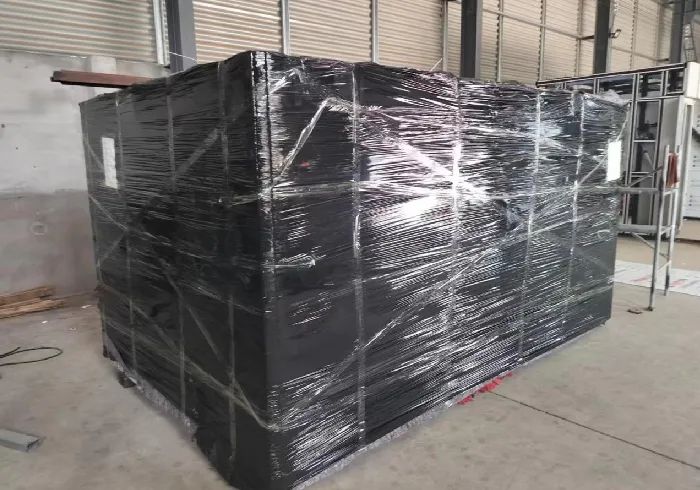car wash machine pump
The Evolution and Importance of Car Wash Machine Pumps
In today's fast-paced world, convenience is key. As vehicle ownership has risen, so too has the demand for efficient car cleaning solutions. Enter the car wash machine pump, a crucial component in the operation of modern car wash systems. This article delves into the evolution, functionality, and significance of car wash machine pumps in maintaining and enhancing vehicle aesthetics while being environmentally conscious.
Understanding Car Wash Machine Pumps
At its core, a car wash machine pump is designed to propel water and cleaning solutions at high pressures to remove dirt, grime, and contaminants from vehicles. The effectiveness of a car wash largely hinges on the pump's ability to deliver water consistently and reliably. Typically, these pumps use electric motors, and they can vary in size and power based on the specific needs of the car wash system—ranging from small, portable units for home use to powerful models in commercial establishments.
Evolution of Car Wash Machine Pumps
The history of car wash pumps can be traced back to the mid-20th century when automated car wash systems began to emerge. Initially, these systems relied on simple mechanical pumps that provided limited pressure and were plagued with inefficiencies. However, technological advancements soon transformed the industry. Modern car wash machine pumps are now equipped with high-pressure capabilities, allowing for effective dirt removal without damaging the vehicle's surface.
The introduction of variable speed technology has also revolutionized the operation of these pumps. This innovation allows for the adjustment of water pressure based on the cleaning requirements of different vehicles and surfaces. Additionally, the integration of programmable logic controllers (PLCs) has enabled greater automation, making it possible to control pump speed and flow rates remotely, enhancing efficiency and ease of operation.
car wash machine pump

Environmental Considerations
With growing concerns about environmental sustainability, the car wash industry is under pressure to adopt eco-friendly practices. Car wash machine pumps are now often designed to be water-efficient, reducing the overall consumption of water during the washing process. Many modern systems recirculate water, minimizing waste and ensuring that cleaning solutions are used effectively. This not only conserves water but also provides car wash operators with the opportunity to reduce operational costs.
Moreover, advancements in biodegradable cleaning agents and their compatibility with pressure systems mean that car washes can achieve high cleaning standards without resorting to harmful chemicals. This reflects a broader trend towards eco-consciousness in the automotive service industry, where consumers are increasingly seeking businesses that prioritize sustainability.
The Significance of High-Quality Pumps
Investing in high-quality car wash machine pumps is vital for any car wash business. Reliable pumps ensure consistent performance, reducing the likelihood of downtime caused by equipment failure. Furthermore, energy-efficient pumps can substantially lower electricity costs, contributing to the long-term profitability of the operation. The durability of modern pumps also means less frequent replacements, aligning with cost-effective and sustainable business practices.
Conclusion
In conclusion, car wash machine pumps play an indispensable role in maintaining the appearance of vehicles while adhering to modern environmental standards. The evolution of these pumps—from simple mechanical devices to sophisticated, high-pressure systems—marks a significant advancement in automotive care technology. As the industry continues to embrace innovation, car wash machine pumps will remain at the forefront, offering convenience, efficiency, and sustainability. For car wash owners and operators, understanding and investing in these essential components is a step towards achieving operational excellence and customer satisfaction in an increasingly competitive market.




